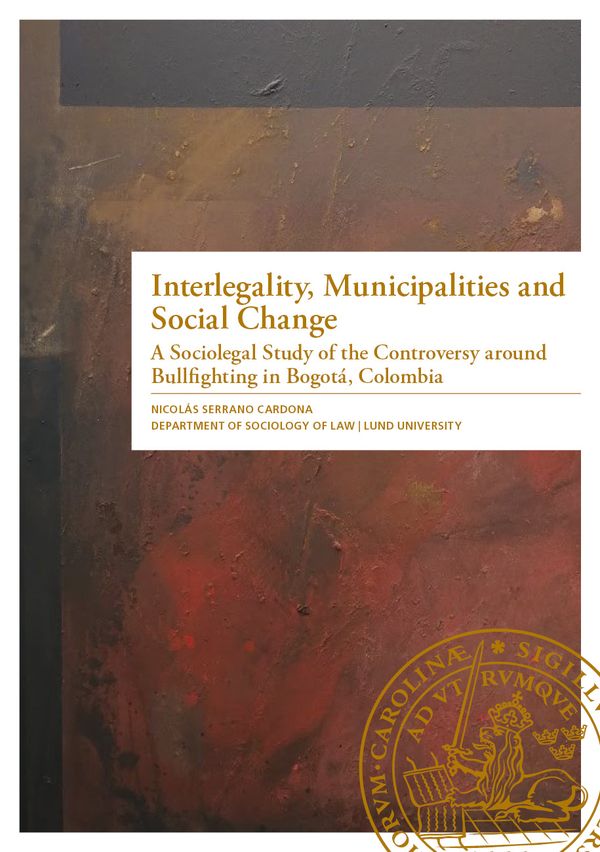
Interlegality, Municipalities and Social Change | 0:e upplagan
- Häftad, Engelska, 2022
- Författare: Nicolas Serrano Cardona
- Betyg:
294
kr
Skickas inom 6-8 vardagar
Butikslager
Onlinelager
I lager hos leverantör
Beskrivning
This thesis is about the participation of municipalities in the sociolegal dynamics that take place when social forces claim social changes. In modern western States, the municipal level enjoys limited autonomy as part of an intended hierarchical nested legal structure but, nonetheless, it must answer to local demands as a site of decision-making and local democracy. This tension has given rise to discussions about the ambiguous role of municipalities as social and legal forces of change. This study contributes to this debate by focusing on the series of sociolegal interactions that occurs when municipal authorities contest the limitations to their autonomy and challenge a legally established multi-level order because they join social demands for change.
By following the sociolegal life of bullfights from 1964 to 2020, the thesis empirically examines the struggle in Bogotá (Colombia) over bullfights, a formerly popular spectacle inherited from the colonial Hispanic tradition that has progressively lost majoritarian support in the capital city because of the rising social protestations against animal cruelty. The bullfighting controversy is an example of how societal change entails sociolegal transformations in which multiple actors –among them municipalities– interact in and through different legal spaces over time.
Drawing on interlegality, scales and jurisdictions, this thesis provides a conceptual framework for understanding the municipal level as a participant in complex sociolegal interactions that are embedded in a far-reaching, historical, iterative, dynamic process of normative transformation. It also reveals the possibilities and constraints of municipal action amidst the dynamic process of sociolegal change and its continuous search for social, political and legal intelligibility.
Nicolás Serrano is an anthropologist with an M.A in Habitat from the National University of Colombia and an M.Sc. in Urban Development and International Cooperation from the Technische Universität Darmstadt and the Institute of Urbanism of Grenoble.
Produktinformation
Kategori:
Juridik
Bandtyp:
Häftad
Språk:
Engelska
Förlag:
Media-Tryck
Upplaga:
0
Utgiven:
2022-06-02
ISBN:
9789180392983
Sidantal:
260